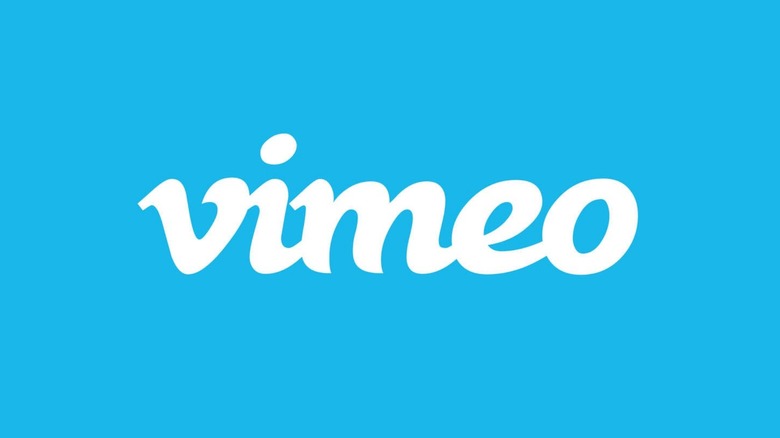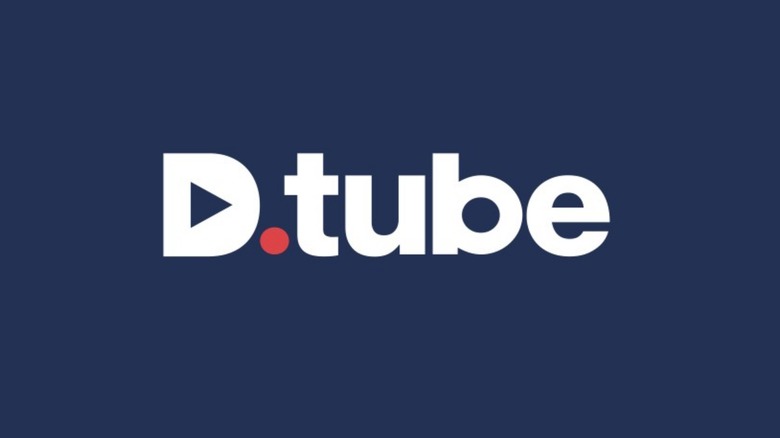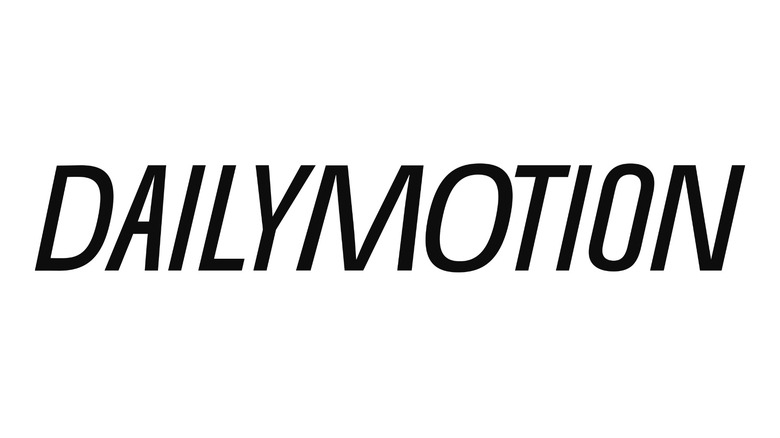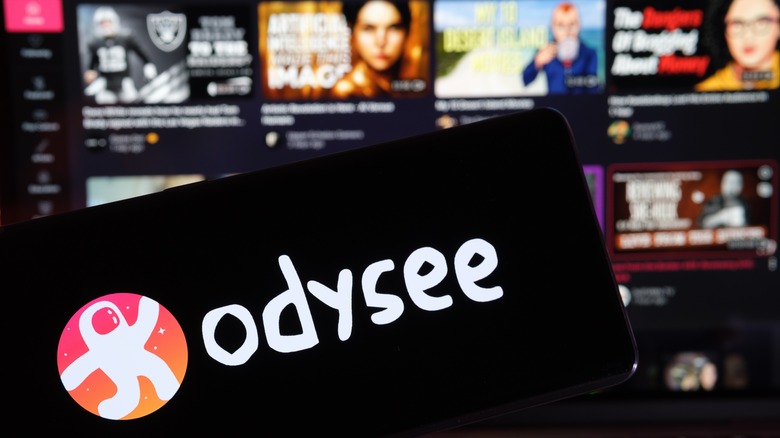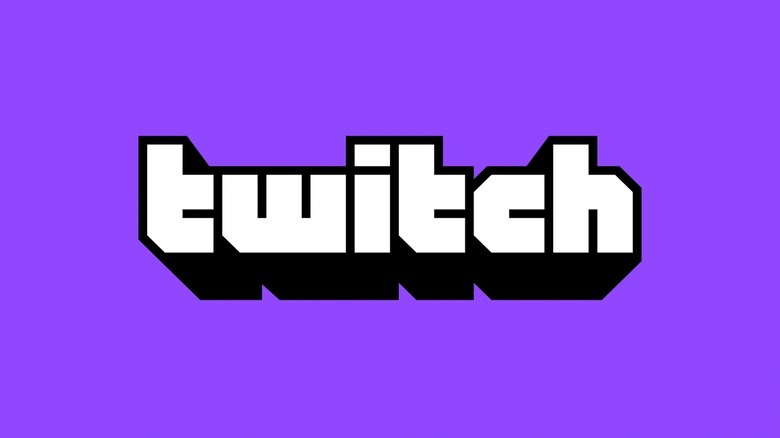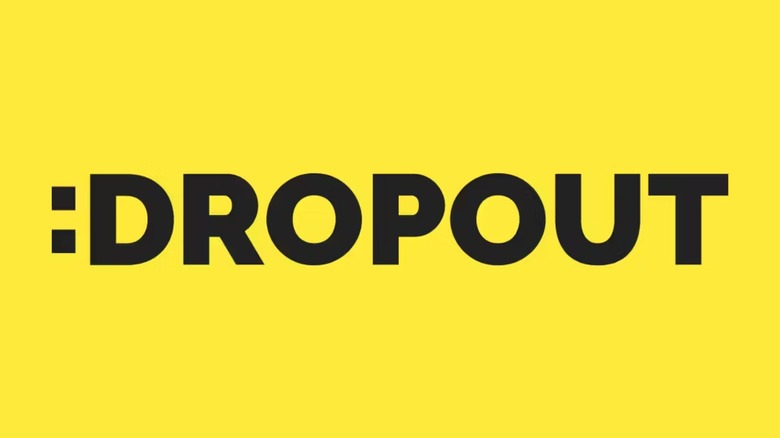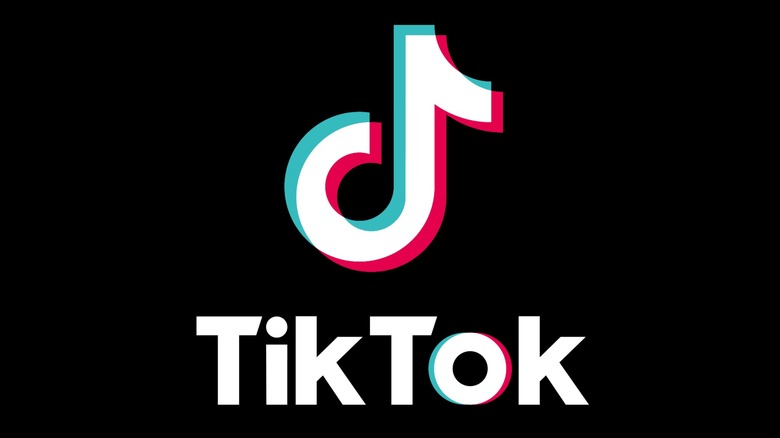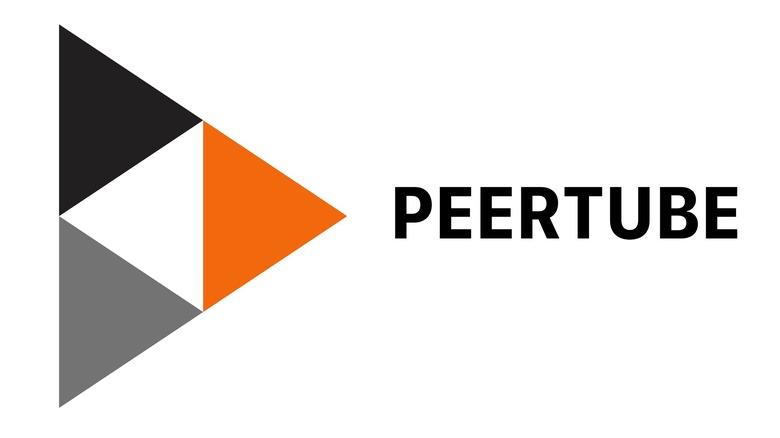10 Must-Visit Video Websites Beyond YouTube You Haven't Explored Yet
There's no denying that YouTube is the king of video-sharing platforms on the web. With literally years of video content being uploaded every day, there's no end to the end to the number of videos on the platform. Every day, it's flooded with more content than anyone could ever watch.
However, in the vast digital world of the internet, diversity is a good thing. Dozens of great alternative platforms exist that offer video uploads, professionally created shows, and more for entertainment that are unaligned with the tech giant. This independence means they don't have to follow YouTube's strict policies and are not at the mercy of YouTube's ever-evolving algorithms and content guidelines.
With thousands of sites on the web, we're looking at 10 must-visit video websites beyond YouTube that you may not have explored yet. Whether you're looking for music videos, gaming, comedy, or just something to have on in the background, there's a site out there to keep you entertained.
Vimeo
Launched in 2004, Vimeo is a video-sharing platform tailored for content creators. In the early 2000s, the main place to share videos was YouTube, which didn't give users much control or high-quality uploads. Founders Jake Lodwick and Zach Klein wanted a platform that catered exclusively to videographers, filmmakers, and artists to showcase their work and manage their content.
Today, Vimeo has grown into a much larger platform that streams a diverse array of high-quality content, all without users having to sift through shaky camera videos or subpar uploads. Vimeo has built a reputation as the place for professional artists to upload content like films, music videos, and portfolios. The control and customization options of the upload settings allow content creators to fine-tune their videos so others can watch their content exactly how it was meant to be presented.
For this reason, many professional artists and content creators prefer Vimeo over YouTube. The control also extends to monetization. Creators can set up pay-per-view models or subscription services for their content, placing specific videos behind paywalls that can be purchased directly from the site. While YouTube offers monetization features, Vimeo's approach is often seen as more artist-centric.
You can find hours and hours of content exclusively uploaded to Vimeo, and you'll know that it's typically going to be a higher quality compared to the billions of videos on YouTube.
DTube
Blockchain technology has filtered down into almost every industry since the Bitcoin boom, offering a decentralized, open, and secure platform. While some have adopted blockchain to emulate cryptocurrency, others recognize its intrinsic value as a transparent and tamper-proof system.
DTube is a video-sharing platform powered by blockchain technology, bearing similarities to the blogging and social media platform Steemit. On DTube, users can freely upload videos, which are then rated by the community. The better the content's reception, the more tokens users earn from DTube. These tokens can be reinvested into account enhancements or converted into cash.
While DTube's model offers content creators exceptional freedom, bypassing the stringent policies of platforms like YouTube, it comes with a significant caveat. Due to its blockchain foundation, content uploaded to DTube is permanent. Once a video is uploaded, it remains on the platform indefinitely and cannot be deleted. Thus, users should exercise caution and deliberation before posting, ensuring they are entirely content with their uploads. Alternatively, you can simply enjoy the diverse range of content already available on the platform.
Dailymotion
Dailymotion is one of the best alternatives to YouTube. Originally from France, this video-sharing platform operates much like YouTube but has carved a unique niche by catering predominantly to professional entities and content creators.
Dailymotion's early adoption of HD-resolution video sharing made it a preferred platform for professional uploads and portfolios. Over time, it has evolved beyond its initial focus, establishing itself as one of the most influential video-sharing platforms outside of YouTube. Notably, while many videos are similar to what you might find on YouTube, Dailymotion hosts a multitude of exclusive content creators.
One of the major perks of Dailymotion is that it's built up quite a following with independent films, amateur filmmakers, and the teaching community. This is due to the platform's ease of use and high-definition upload options. There's a host of independent and short films available to watch on Dailymotion that can't be found anywhere else on the web. In addition, the platform hosts numerous videos in multiple languages, which makes it an excellent resource for those looking for content in multiple languages.
Odysee
Odysee is a unique alternative to YouTube, harnessing the power of blockchain technology while ensuring user safety and upholding the principles of free speech without excessive censorship. Powered by the LBRY platform, Odysee simplifies the content-sharing experience. Creators have complete control to either make their videos public or restrict access through a paywall. The platform easily handles the technical aspects, giving creators full control over their content's monetization and offering viewers an uninterrupted, ad-free experience. Odysee is currently experimenting with implementing ads, but how it will look when fully integrated isn't yet clear.
The major advantage of Odysee is that it doesn't sensor videos based on opinion, and you can have legitimate videos and conversations about divisive and hard-to-talk-about topics. Simply typing in a hot button keyword into the title of your upload won't get it immediately banned. Yet, it doesn't turn a blind eye to content promoting harm, torture, or acts of terror, which are all strictly prohibited. This is unique among blockchain sites in that most consider blockchain to be the Wild West with an anything-goes mentality. Odysee has found a middle ground that doesn't hinder freedom of speech but also doesn't allow illegal or harmful content to get by.
Twitch
Over the years, Twitch has experienced exponential growth and become the most well-known gaming live streaming service in the world. While it's known for its gaming content, many might be surprised to learn that the company has since branched out quite a bit. Now, you can find more than just speedrunners and noobs dying in the latest souls-like game.
There's even more content than ever. Users have created talk shows and other content to supplement the already vast array of online streamers. For instance, artists now use Twitch as a space to live-stream their creative processes, engaging with fans in real-time. (And it's made it easier than before to make money from live streaming for creators.)
Fitness enthusiasts and experts also host sessions, offering workout routines and health tips to viewers. This is more like the ethos of Twitch's predecessor, Justin.TV, which was designed as a platform for streaming virtually any kind of content.
Whether you're seeking entertainment, background noise, or a sense of community, Twitch has something for everyone. There's a huge community and support for the platform that provides an endless stream of content to view.
Dropout.TV
For aficionados of College Humor and its array of sketches, Dropout.TV might already be on your radar. Instead of relying solely on YouTube monetization, College Humor astutely launched its own dedicated streaming platform: Dropout.TV.
While Dropout might not have the vast audience of YouTube or the extensive library of Netflix, it doesn't necessarily aim to. Given that even with a thousand screens running non-stop, one couldn't cover a day's worth of YouTube uploads, Dropout emphasizes quality over sheer volume. Drawing from their comedic roots, they've produced a slew of exclusive web series, including hits like "Umm Actually" and "Game Changer," among other improv and comedy specials. This exclusive content, continually refreshed with new episodes and series, is available solely on Dropout as its subscriber base grows.
Admittedly, the market is saturated with subscription services, but Dropout is distinctive for its affordability, priced at around $6 a month. For those who resonate with Dropout's comedic offerings, the subscription offers value far beyond just one show, making it a worthwhile addition to any comedy lover's streaming repertoire.
Everyone knows about Facebook and has probably had an account for a decade or more at this point. Since Facebook's launch and competition with MySpace in the early days, the company has continually evolved, adding new features to enhance the user experience. In 2018, they launched Facebook Watch, which allows users to watch an endless stream of curated content, all in a convenient doom scroll format.
Since Facebook's algorithm already knows you better than you know yourself, it posts a variety of video content based on your interests and hobbies. It also updates your feed with whatever you end up watching at the moment. One of the unique things about Facebook Watch is that it combines both short and long-form content, creating an endless live stream of mixed videos. You may come across a video that's only a few seconds long, and other times, it might be a 10-minute-long video that leads you down a rabbit hole of interesting material.
Facebook has a vast library of content, and while successful, the company is constantly innovating to stay ahead of newer platforms like TikTok.
TikTok
Speaking of TikTok, if you're a millennial or '90s kid who hasn't started looking at TikTok, it's probably time that you should. It's not just the latest K-pop-inspired dances in a living room but a whole world of short-form videos and content.
TikTok started as a lip-syncing app called Musical.ly. It quickly became popular with friends sharing silly videos lip-syncing to their favorite songs. It has since rebranded as TikTok and has become one of the most popular video-sharing platforms, just below Instagram. Originally, users were only allowed to upload 15 seconds per video, but as the platform became more popular, it has since been updated to a maximum limit of 10 minutes.
With its popularity and increased video duration, the content on TikTok has exploded and become even more varied. Users treat their accounts like mini TV channels, broadcasting everything from politics and finance to pop culture and comedy and anything else you can imagine.
What's more, all of the content is endlessly shareable. Chances are, if you've been scrolling through Instagram, Facebook, or any other story feed, you'll find videos ending with TikTok's signature end screen. You're already watching a lot of TikTok's content, so you might as well get it directly from the source.
PeerTube
PeerTube has appeared as a contender in the world of video-sharing platforms, and it's worth keeping an eye on, especially given the unpredictable nature of the internet landscape.
Built on open-source foundations and powered by web torrent technology, PeerTube is a rather unique platform. Not only can users upload content to PeerTube's servers, but they can also establish their own websites and domains to host videos sourced from PeerTube. This decentralized approach allows for content sharing across various sites while maintaining the original video on PeerTube's server. Another advantage of this is that all sites built with PeerTube's framework will be cross-compatible with each other. A single account grants access across all PeerTube-integrated platforms.
PeerTube is a much more lenient environment that doesn't suffer from YouTube's more stringent and often inexplicable guidelines and bans. There's a reduced risk of waking up to find your content removed or demonetized without clear reasoning. PeerTube's model decentralizes the vast volume of videos, directing them to specialized 'Tube' sites catering to distinct niches. For instance, while a YouTube search for food tips might consistently highlight a few dominant creators, a food-centric PeerTube site could showcase a diverse range of creators who might otherwise never see the light of Page One search results.
While PeerTube is still in its growth phase and lacks certain features present in YouTube, such as live streaming or comprehensive analytics, its ongoing development makes it a platform to watch in the future.
Behance
If you're looking for something truly unique and interesting, then you may want to check out Behance. Just like LinkedIn is the professional version of Facebook, Behance is the professional version of YouTube, but everyone can view and benefit from checking out its offerings.
An Adobe brainchild, Behance is more than just a display window; it's a stage for artists to express their craft, be it film, design, or any form of visual art. While YouTube caters to a vast audience with varied interests, Behance is focused on the essence of art and the creative process.
Behance is filled with artists from all mediums and backgrounds and allows them to showcase their work, but also allows them to interact, go live, and showcase what they can do. Interacting on Behance is a unique experience; it's like attending an artist's workshop, gaining insights into upcoming trends, and simultaneously being entertained. While other platforms like Twitch spotlight artists at work, Behance does it with a finesse that enhances an artist's professional appeal.
For those with an appetite for avant-garde content or those eager to unearth gems before they become mainstream, Behance is the go-to destination, filled with talented individuals creating amazing films, videos, and artwork.

